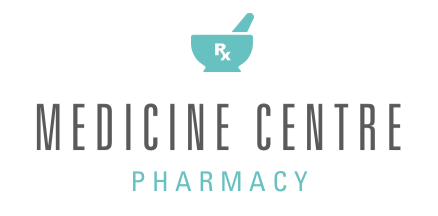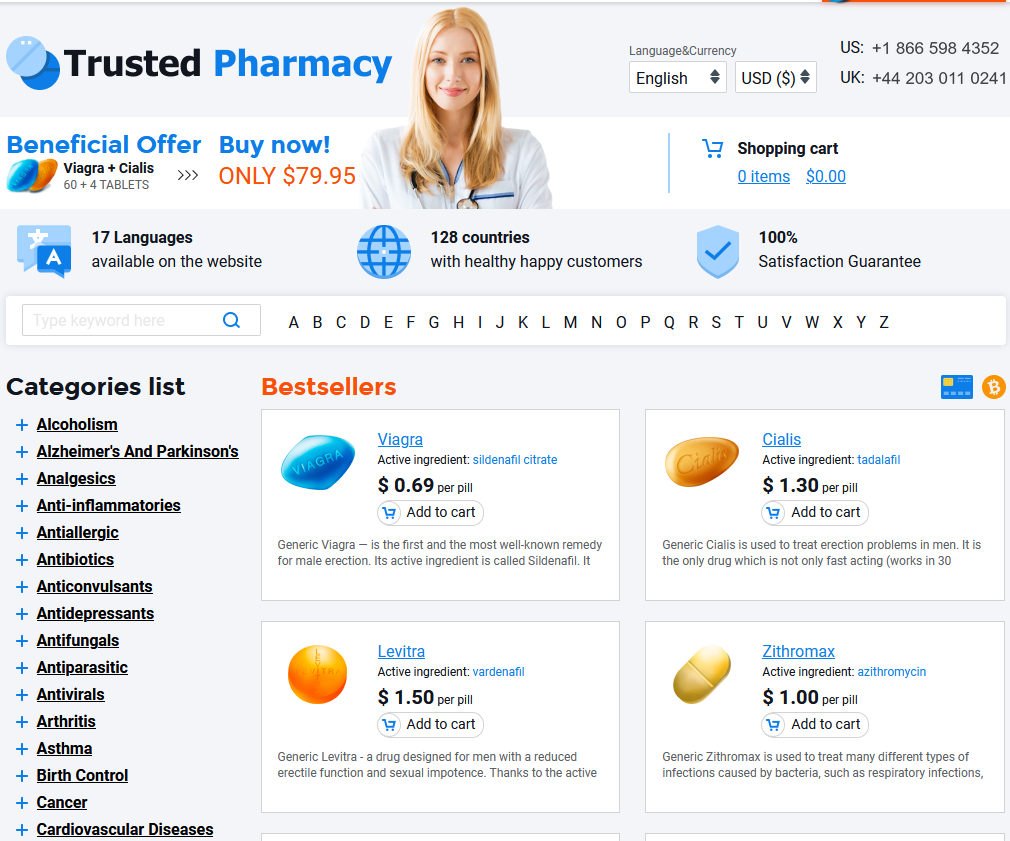To Visit Online Pharmacy Click HERE ↓
Motilium Interactions: What You Should Avoid
Common Medications That Don’t Mix Well with Motilium
Mixing Motilium with other medications can lead to unexpected and sometimes dangerous side effects. For instance, antibiotics like erythromycin and antifungals such as ketoconazole can increase Motilium levels in your blood, raising the risk of serious heart problems. Even certain antidepressants and HIV medications may interact in unfavorable ways, so it’s essential to check with your healthcare provider before starting any new prescription or over-the-counter drug.
Below is a handy reference to help you quickly identify medications that require extra caution when combined with Motilium:
| Medication Type | Examples | Potential Risks |
|---|---|---|
| Antibiotics | Erythromycin, Clarithromycin | Heart rhythm disturbances |
| Antifungals | Ketoconazole, Itraconazole | Increased Motilium levels |
| Antidepressants | SSRIs, Tricyclics | Cardiac side effects |
| HIV Medications | Protease inhibitors | Dangerous interactions |
Food and Drinks That Affect Motilium’s Effectiveness

Enjoying a glass of grapefruit juice with your breakfast may seem harmless, but it can actually interfere with how your body absorbs motilium. Certain citrus fruits, especially grapefruit, can increase the concentration of motilium in your bloodstream, potentially leading to unwanted side effects. Additionally, high-fat meals might slow down the absorption of motilium, making it less effective. Even caffeinated drinks like coffee or energy drinks could overstimulate your gut and counteract motilium’s benefits, so it’s wise to monitor your intake.
Herbal Supplements You Should Skip with Motilium
It’s easy to assume natural supplements are always safe, but with motilium, some herbal products can actually put you at risk. For example, St. John’s Wort may speed up the breakdown of motilium in your system, reducing its effectiveness. Meanwhile, supplements like goldenseal and echinacea can potentially interfere with how your liver processes drugs. Even seemingly harmless remedies like ginger or ginkgo might raise the likelihood of side effects. Since herbal ingredients are not always listed clearly, accidental interactions do happen. Before starting any new supplement while taking motilium, discuss it with your pharmacist or doctor to keep your treatment both safe and effective.
Watch Out for Hidden Ingredients in Otc Products

When reaching for over-the-counter (OTC) medications, it’s easy to overlook what’s really inside. Many products—like cold remedies, antacids, or anti-nausea tablets—can harbor hidden ingredients that may interact with Motilium. For example, certain antacids and heartburn medications contain aluminum or magnesium compounds that reduce Motilium’s absorption and effectiveness. Additionally, some multi-symptom pain relievers or allergy tablets include antihistamines or other agents that might worsen side effects.
Reading labels carefully is your first line of defense. Ingredients like erythromycin, ketoconazole (sometimes in topical antifungals), or even certain herbal extracts can slip into seemingly simple OTC preparations. If you’re unsure about a product—especially combination formulas—it’s smart to ask your pharmacist. Staying vigilant helps you use Motilium effectively while avoiding unintended, and sometimes serious, interactions.
How Motilium and Alcohol Can Interact Dangerously
Mixing Motilium with alcohol may seem harmless at first, but this combination can intensify side effects such as dizziness, drowsiness, or irregular heartbeat. Since Motilium is used to manage digestive issues, alcohol not only irritates your stomach lining but may also weaken the medication’s effectiveness or trigger unwanted reactions.
If you’re considering a social drink while on Motilium, be aware that even moderate alcohol intake can quickly escalate the risk of harmful interactions. Always consult your doctor before consuming alcohol with Motilium.
| Risk | What Happens |
|---|---|
| Drowsiness | Increased sedation and slower reaction times |
| Heart Problems | Greater chance of arrhythmia or palpitations |
| Digestive Upset | Worsened nausea, vomiting, or stomach pain |
Signs You’re Experiencing a Harmful Drug Interaction
Imagine taking your prescribed dose of Motilium, only to start feeling dizzy, experiencing a pounding heartbeat, or noticing unusual muscle spasms. These symptoms can creep up unexpectedly and are sometimes easy to dismiss, but they shouldn’t be ignored. Sometimes, people observe swelling, rash, or severe headaches—clues your body might be reacting poorly to a drug combination.
It’s also important to watch for gastrointestinal distress like severe stomach pain or persistent diarrhea, as well as feelings of confusion or unusual fatigue. If you notice any of these changes after starting Motilium with other substances, it’s crucial to seek medical advice promptly. Early recognition of these warning signs can help prevent more serious complications.

